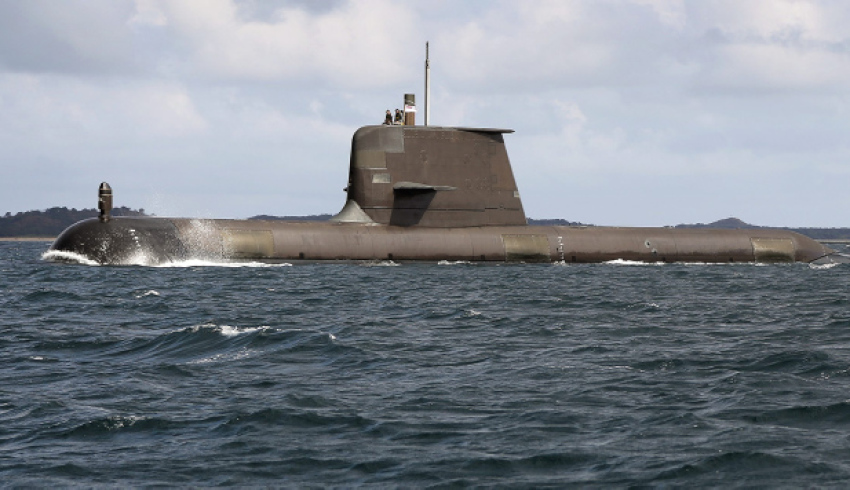A draft plan due to be presented to Defence in April could see the defence industry wade through a state v state scenario similar to the LAND 400 Phase 2 decision.
Senator Rex Patrick last week revealed ASC is due to present a draft plan to government in April, looking at the benefits of moving the full cycle docking of the Collins Class submarine fleet from South Australia to Western Australia.
News of the plans was revealed under a freedom of information request by Senator Patrick. The documents show ASC was contracted by the Department of Defence to undertake the feasibility study to assess the transition of sustainment from June 2016.
Defence Teaming Centre, a nationally-focused member organisation supporting Australia's defence industry, has expressed concern over the secrecy of the draft plan being put together by ASC and the lack of consultation with industry.
"Why the secrecy? Let’s have an open discussion. The First Principles Review is about changing the culture of Defence procurement and decision-making; recognising industry as a fundamental input to capability. Revelations like this only seek to perpetuate the trust deficit between Defence and industry and pit states against each other," said Defence Teaming Centre CEO Margot Forster.
DTC said discovering the Department of Defence is investigating the feasibility of relocating a significant portion of Collins sustainment work through a FOI request has perpetuated distrust between Defence and industry.
"In short, the government cannot expect industry to take risks and invest in defence without honesty and reciprocal transparency," DTC said in a statement.
"If the government is truly committed to recognising industry as a fundamental input to capability, then decisions of this magnitude need to be discussed openly with industry."
Currently, the full cycle docking in Adelaide supports 700 direct jobs. If the draft plan is approved, some of these jobs would be moved to WA, where 450 workers at the WA ASC facility already carry out half cycle docking. Transitioning the project to WA would be welcomed by the state government, which has been in favour of the move for some time.
The FOI documents revealed that following inquiries to the Defence Minister’s office by media in August 2016, ASC was directed to temporarily suspend its study owing to what Defence described as "current sensitivity".
During the temporary suspension, ASC replied to questions from Nick Xenophon at Senate estimates in October 2016, saying, "There is no work currently ongoing to consider moving to WA."
The documents also include a letter dated 12 December 2017 from Defence to Stuart Whiley, ASC chief executive, that asked him to "continue to work on the study concerning the potential relocations of full cycle dockings in the 2024 to 2026 time frame as an alternative to remaining in South Australia".
Defence Industry Minister Christopher Pyne last week told Adelaide radio station FIVEaa the decision would likely come down to the available capacity at Adelaide's Osborne facilities.
"The truth is that by mid-2020s there will be submarines in full production at Osborne, employing 2,800 people directly; and frigates in full production at Osborne, employing 2,200 people directly. It would be quite insensible for the Department of Defence not to make contingency plans about what to do with the full cycle docking, which is 700 maintenance workers," Minister Pyne said.
"In the event that we find that physically it's not possible for it to all be done at Osborne, to have effectively 6,000 full-time workers at Osborne trying to do the building of submarines – which is not a small matter, the shed for the submarines is bigger than the Adelaide Oval stadium – these frigates – again, the sheds are bigger than the Adelaide Oval stadium – and also the full cycle docking. Now, it’s possible the full cycle docking will remain there, quite able to be done."


